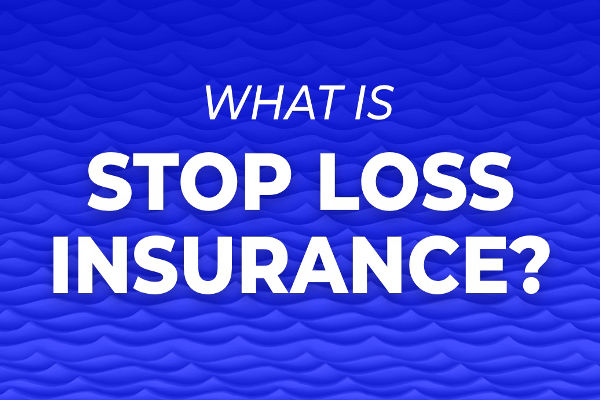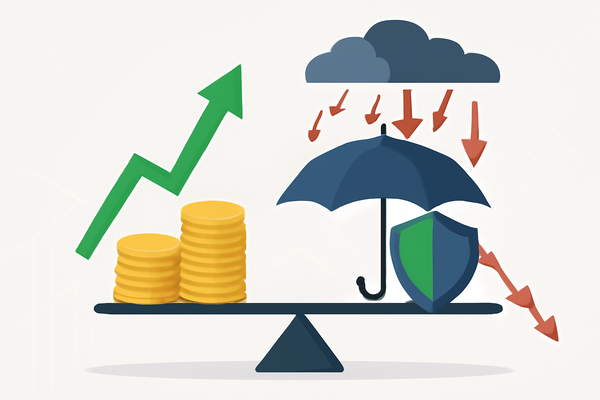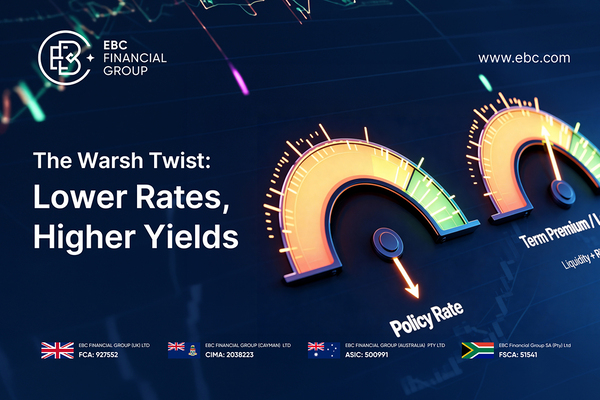Stop-loss insurance is essential for businesses seeking to safeguard themselves against excessive healthcare costs. This insurance comes in two main types: specific stop-loss and aggregate stop-loss.
By understanding the differences between these options, you can make informed decisions to ensure your company's financial stability.
Types of Stop-Loss Insurance

1) Specific Stop-Loss Insurance
Specific stop-loss insurance covers individual claims that exceed a predetermined amount. This type of insurance is crucial for protecting against catastrophic illnesses or injuries affecting a single employee. For instance, if an employee incurs a medical bill of $150,000 and your specific stop-loss limit is £100,000, the insurance will cover the excess amount.
Key Features:
Individual claim coverage
Protection against high-cost claims
Suitable for companies of all sizes
2) Aggregate Stop-Loss Insurance
Aggregate stop-loss insurance covers total claims for all employees that exceed a specified annual limit. This type of insurance protects your business from a high volume of claims. For example, if your company's total medical claims for the year amount to £2,000,000 and your aggregate stop-loss limit is £1,500,000, the insurance will cover the excess amount.
Key Features:
Choosing the Right Stop-Loss Insurance
When deciding between specific and aggregate stop-loss insurance, consider factors such as your company's size, budget, and risk tolerance. Specific stop-loss insurance is beneficial for businesses concerned about individual high-cost claims, while aggregate stop-loss insurance is ideal for those worried about overall claim expenses.
Factors to Consider:
Company Size: Larger companies may benefit more from aggregate stop-loss insurance.
Budget: Evaluate your financial capacity to cover high claims.
Risk Tolerance: Assess your willingness to handle potential healthcare costs.
Benefits of Stop-Loss Insurance

Financial Protection: Safeguards your business from unexpected healthcare costs.
Predictable Budgeting: Helps in managing and predicting healthcare expenses.
Customisable Coverage: Tailored to fit your company's unique needs.
Conclusion
Understanding the types of stop-loss insurance and their benefits can help you make an informed decision. By choosing the right coverage, you can protect your business from unforeseen healthcare costs and ensure financial stability. Consider your company's specific needs and risk tolerance when selecting between specific and aggregate stop-loss insurance.
Implementing stop-loss insurance is a strategic move for any business looking to mitigate financial risk. Whether you choose specific or aggregate stop-loss insurance, both options offer valuable protection against high healthcare expenses. Make sure to review your company's requirements and consult with an insurance expert to find the best solution for your organisation.
Disclaimer: This material is for general information purposes only and is not intended as (and should not be considered to be) financial, investment or other advice on which reliance should be placed. No opinion given in the material constitutes a recommendation by EBC or the author that any particular investment, security, transaction or investment strategy is suitable for any specific person.



























